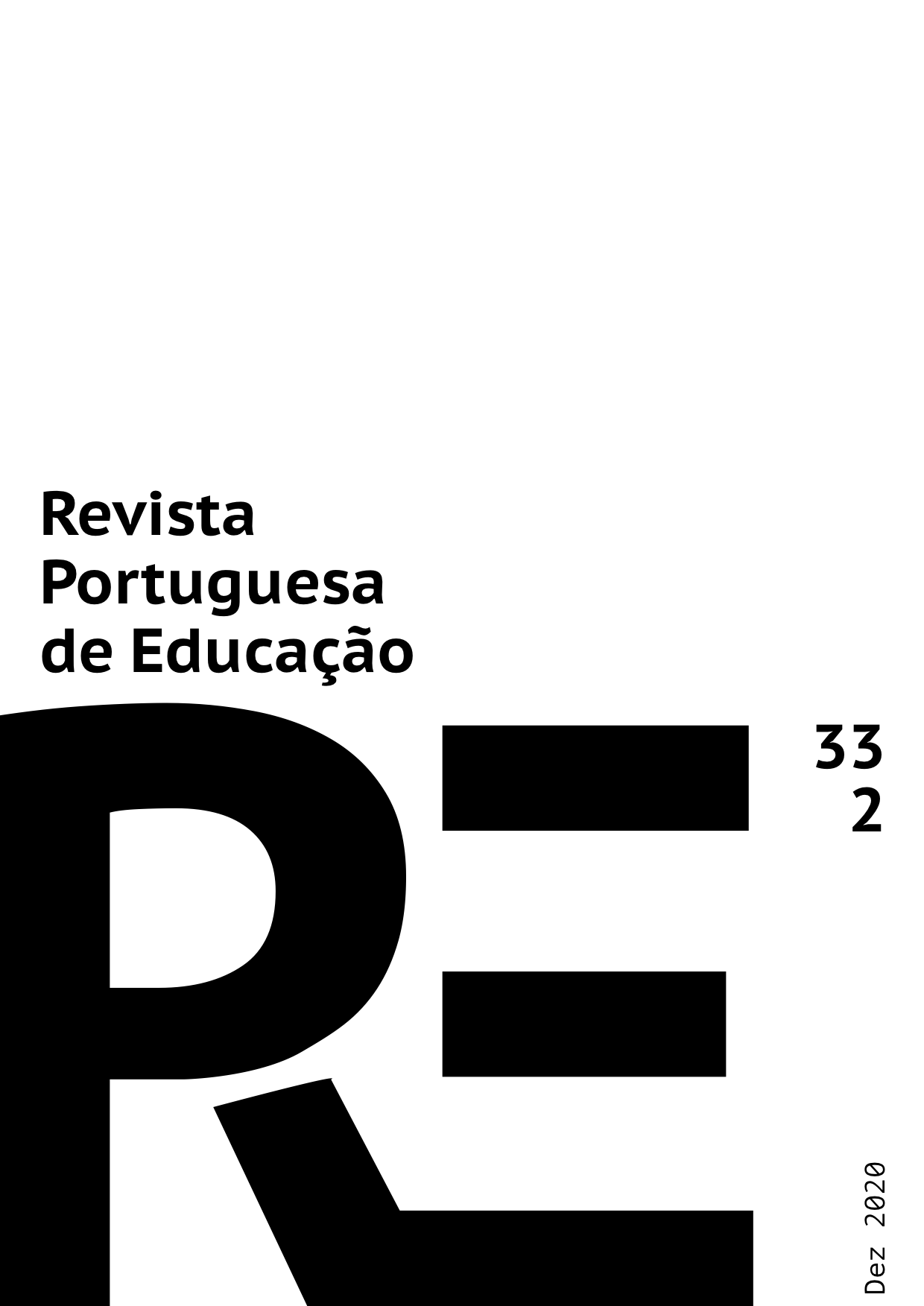Biographical research and heterobiographization
A source of apprenticeship for the researcher
DOI:
https://doi.org/10.21814/rpe.19748Keywords:
Biographical research, Heterobiographization, Biographization, Apprenticeship for the researcherAbstract
This article focuses on the analysis of the processes of heterobiographization as an important dimension of biographical research in education and as a source of knowledge for the researcher. Heterobiographization is understood as learning obtained from listening and interpreting the narratives of the other's experience. This article is based on a biographical research carried out in 2017 with students from a Parisian university, as part of the post-doctoral studies developed at the Sorbonne Paris 13 University. It is a qualitative research, based on a socio-historical-anthropological analysis of the relationship between the subjects and the world (Ferrarotti, 2014) and on the use of an hermeneutical approach for the interpretation of the interviews (Delory-Momberger, 2014; Ricœur, 1983), carried out with four students: two men (one from Master I and another from Master II) and two women (one from Master II and one PhD student). As results, two types of learning are identified for the researcher: related to the construction of the ethical posture of valuing the knowledge of the other and to the reflexivity regarding the relevance of the research question. As a conclusion, it is identified that the experienced heterobiographization process contributes to the researcher's biographization. The movement between heterobiographization and biographization ha a formative dimension and produces important knowledge within the scope of biographical research in education.
Downloads
References
Beck, U. (2003). La société du risqué. Sur la voie d´une autre modernité. Paris. Champs Flammarion.
Certeau, M. (1980). L´invention du quotidien: Arts de faire. Paris: Galimard
Delory-Momberger, C. (2007). Histoire de vie, processus de formation et théorie de l’apprentissage. In: F. Simonet-Tenant. Le propre de l´écriture de soi. (pp 123-128). Paris: Téraèdre
Delory-Momberger, C. (2014). De la recherche biographique en éducation: fondements et méthodes, pratiques. Paris: Téraèdre
Delory-Momberger, C. (2004). Les histoires de vie : de l´invention de soi au projet de formation. (2ª. ed). Paris: Anthoropos
Delory-Monberger, C. (2009a). Trajectoires, parcours de vie et apprentissages biographiques. In: C. Delory-Momberger, E, C. de Souza. Parcours de vie, apprentissage biographique et formation. (pp. 17-30). Paris: Téraèdre
Delory-Momberger, C. (2009b) La condition biographique. Essais et récits de soi dans la modernité avancée. Paris: Téraèdre
Delory-Momberger, C. (2012). A condição biográfica. Ensaios sobre a narrativa de si na modernidade avançada. Natal, RN: EDUFRN
Dubet, F. (1998). Dans quelle societé vivons-nous?. Paris: Seuil
Ferrarotti, F. (2014). História e histórias de vida. O método biográfico nas Ciências Sociais. Natal, RN: EDUFRN
Dubet, F. (1995). Le déclin de l ´institution. Paris: Seuil
Ricœur, P. (1983), Temps et récit I. Paris: Galimard
Schütz, A. (2003). L’Etranger: un essai se psychologie sociale. (1a. Ed). Trad. Bruce Bégout. Paris: Editions Allia.
Downloads
Published
How to Cite
Issue
Section
License
1. The authors preserve their authorship and grant the Portuguese Journal of Education the right to the first publication. The work is licensed under Creative Commons Attribution License that allows sharing the work with the acknowledgment of initial authorship and publication in this Journal.
2. The authors have the right to take additional contracts separately, for non-exclusive distribution of the published version of their work (e.g. to deposit in an institutional repository or as a book chapter), acknowledging the initial authorship and publication in this Journal.
3. The authors have the permission and are stimulated to post their work online (e.g. in an institutional repository or on their personal website). They can do this at any phase of the editorial process, as it may generate productive changes, as well as increase impact and article citation (see The Open Citation Project).
The work is licensed under Attribution-ShareAlike 4.0 International (CC BY-SA 4.0)





















